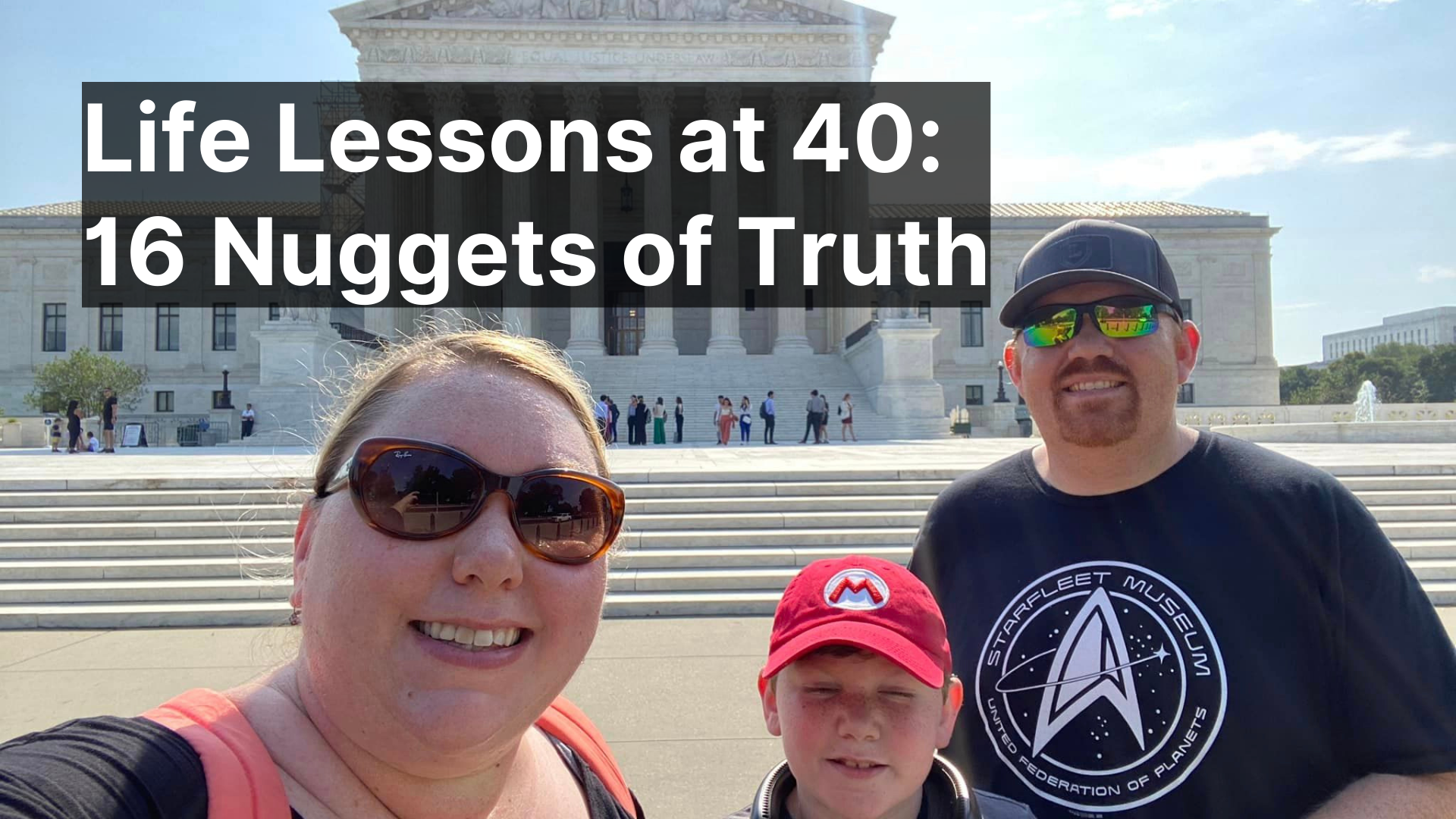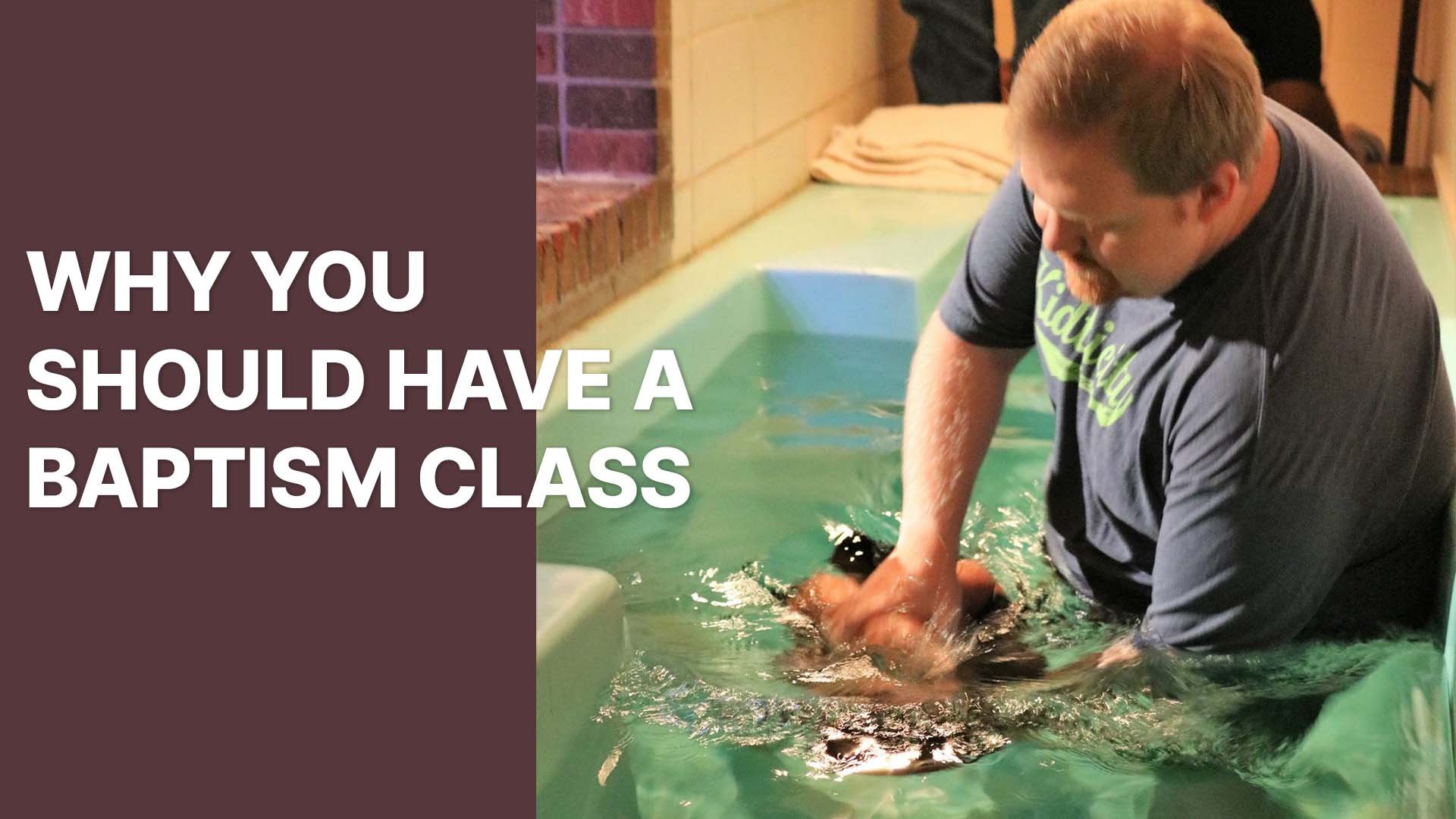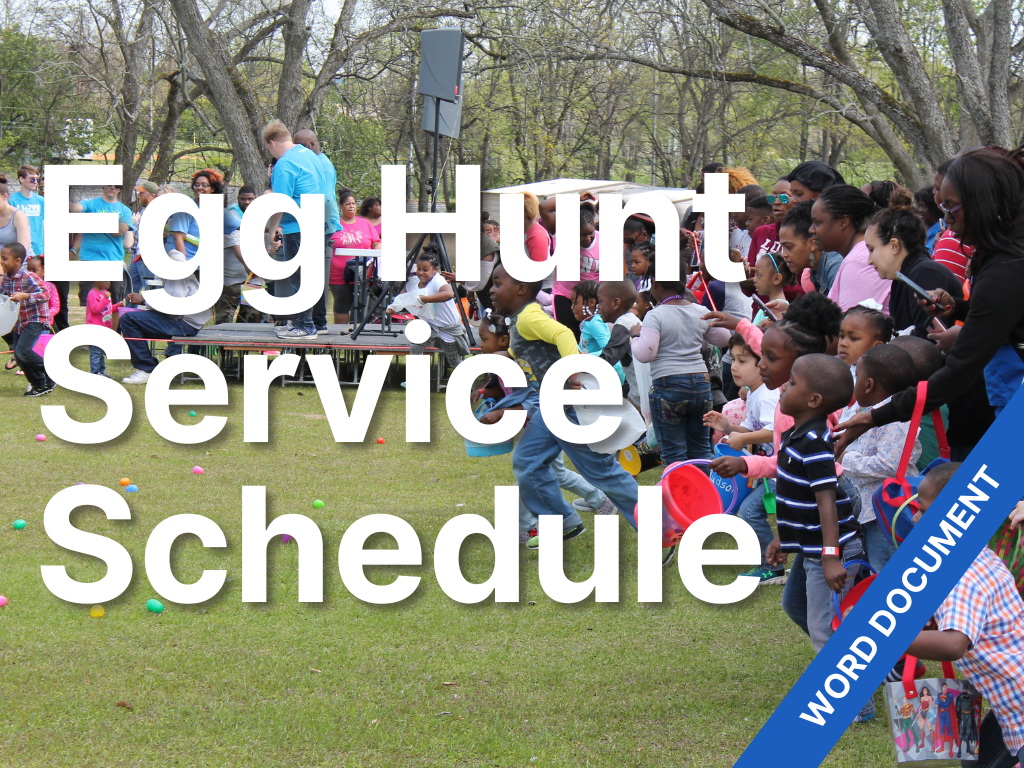5 Discipleship Principles I Learned in the Classroom
Photo by Kenny Eliason on Unsplash
I’ve been in-between churches since July. In January, I took an executive pastor role at a small church plant, Christ Chapel East. But that was only part time. Since my degree is in high school education, I decided to put it to use and began to substitute teach. One fateful January morning, I took a math job at a high school I didn’t normally sub. By the end of the day, I had a long-term sub job and by the next week I was responsible for the math education of 150 seniors and sophomores.
I’ll finish the school year on Wednesday, and while I’ve learned a lot about the educational system, I’ve learned a lot more about discipleship. As I told my students this week, I know we learned about math, but I also hope you learned about life. The way Jesus taught his disciples was living with them day in and day out. He saw their mistakes, gave guidance, and pushed them to do things outside of their comfort zone. Teaching in High School is like a pressure cooker for discipleship. My students were math disciples, but these 5 principles apply to any pastor trying to lead their flock.
1. Give it time
While high school is a pressure cooker, it still took time to earn the students’ trust. They’d had some bad teachers and several subs who didn’t know math, so they were understandably wary of me at first. It took over a month before they began to trust me.
In church world, it can take even more time. I saw my students for 50 minutes Monday through Friday and it took over 30 days before they opened up. If you only see your people for 60 minutes on Sunday, it’s going to take a lot longer.
In addition, many times we’re looking for that quick fix; a class, video, sermon series, or devotional that will finally get our people “discipled.” But discipleship doesn’t work that way. It’s a life-long journey and we’re just here for a part of it. Every conversation, book study, video series, serving opportunity is another chance to disciple your people. The old church phrase “do life together,” for all its cheesiness holds true.
2. Learn their names
If you serve in a smaller church, it’s easier to learn everyone’s name, but in a big church, it’s much more difficult. However, it can and should be done, especially if you’re in leadership. Discipleship is about becoming more like Christ. It’s part of our identity, and our names are a core part of that. It’s one of the first things we learn about ourselves. Our ears perk up every time our names are said even if they’re talking to someone else.
One of the first things I did was learn every students’ name. It shows them that I see them as a person, not just a large crowd of students. I can encourage, motivate, and correct them far better if I know their name.
In the church world, we have to learn people’s names and the sooner the better. A lot of people claim they’re bad with names, but when you’re a pastor, you don’t have that luxury. There are skills you can learn to help you remember people’s names. Personally, I create word pictures with what their wearing, their hair, or other distinct features and attach their names to it. Then when I see them again, I pull up that picture in my mind and their name is there. It’s a skill that can be learned and practiced. The more you do it, the better you’ll be.
3. They don’t care how much you know until they know how much you care
That’s an old quote from John Maxwell, but over the past 5 months, I’ve seen it in action every day. When I first started, it was all about the math for me. I was excited to use this skill I haven’t used in over a decade and then share that knowledge with the students. But they didn’t care. I was just another warm body.
However, as I began to learn their names, identify their misunderstandings, and walk them through their assignments, they saw just how much I cared. I didn’t just ask them about math. I asked about their extra-curriculars, their jobs, their lives, and followed up. Before long, they realized how much I cared and started opening up and asking more questions. (Behavior got better too)
In the church world, it’s so easy to get wrapped up in the next problem, the next task, the next event, that we lose the most important thing, people. People are why we do this. People are what we’re here for. People are the reason for all the sacrifices and victories. We can’t lose sight of that.
So, in your pre-service meeting, get to know your volunteers. Follow up on prayer requests. Ask about their children and their jobs. Go to their games and birthday parties. Celebrate with them. Cry with them. Pray with them. They don’t care how much you know until they know how much you care. Your life and ministry career will be far more rewarding.
4. Some won’t make the journey
In the Working Genius model by Patrick Lencioni, I’m a WG. The G stands for Galvanizer, which means I naturally and consistently push people to accomplish a task. We need Galvanizers to point to the hill and then get everyone to the top, dragging them if we have to. They’re the glue that takes the great ideas and puts them in the hands of the people who will see it all the way through.
As a teacher, my G manifested by constantly waking kids up, taking phones, and generally getting them back on task. For some, it worked, and they actually learned something. For others, they just dug their heels in and refused. As much as it pained and aggravated me, I had to let them go.
I know we never want to leave students behind, and I don’t. But I learned the truth in the old adage, “you can lead a horse to water, but you can’t make them drink.” We can help people discover Jesus and live the life he’s called us to, but ultimately, it’s their choice to make the change. If they choose not to change, that’s not on you, it’s on them.
It pained me to see the few who’d given up in my class, and it pains me more to see the people I’ve helped discipled give up as well. But just as Jesus told us with the parable of the Sower and the Seed, not everyone will make the journey.
5. Keep pushing. You never know the difference you’re making.
As the semester pushed on, several of the students who wrote me off and gave up, perked up again. They started paying attention and learning. One student, who was a constant distraction, turned to me a week or so before the end of the semester. He said, “You know Mr. Reneau, I thought you’d be just like [previous teacher] 2.0, but you’re not. I actually learned something.”
I was shocked and pleased at the same time. One thing I’ve learned after years of ministry is sometimes the thing that makes the biggest impact is not the great lesson you planned or sermon you preached. A lot of times, it’s a phrase, a look, an encouragement. You don’t even remember doing it, but to them it meant the world. And sometimes, you get to hear about it on this side of eternity and oh how sweet that is.
Discipleship is hard and messy. As much as there isn’t a one size fits all educational system there isn’t a discipleship one either. Everyone is different. Our job as leaders is to meet them where they are, show we care, and push them to be more than they are now. It’s a tough job and high calling. But I for one wouldn’t have it any other way.
‘Teaching for these past few months has been a joy, and I will miss it. But as much as I love teaching math, I love teaching about Jesus more. I’m so glad I get to do this. I hope you are too.









There is an age-old tradition in our evangelical services. Altar time. That point at the end of the service when the congregation responds to what they’ve just heard. Usually by coming to the front of the room for prayer.